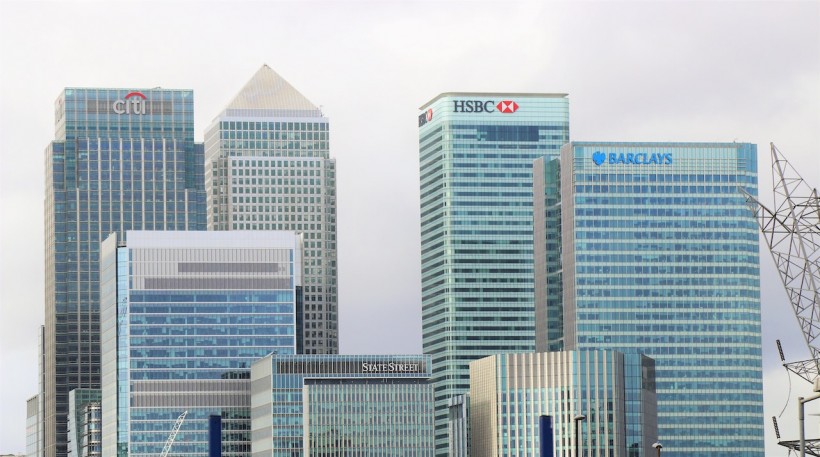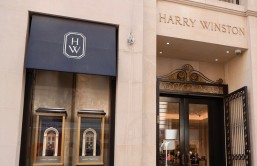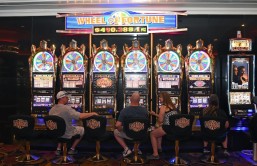
After its stock dropped as much as 60%, California lender PacWest said it is in talks with several potential investors in an effort to calm markets and prevent current concerns about a potential US banking crisis.
PacWest shares plummeted in after-hours trading following Bloomberg's report that the bank was evaluating strategic alternatives, including selling its assets or a funding round. Just like First Republic Bank, which was sold to JP Morgan after weekend negotiations, it is the latest US regional bank to try to save itself.
Is US Economy Headed for Another Crash?
Los Angeles-based PacWest tried to reassure shareholders by claiming the bank had seen no unusual deposits, The Guardian reported. "Recently, the company has been approached by several potential partners and investors - discussions are ongoing," the bank said.
Similar to the defunct tech lender Silicon Valley Bank in March, this one has a lot of uninsured deposits and strong links to the IT industry, which has investors worried.
As of Tuesday, May 2, according to PacWest, total deposits were $28 billion. "Our cash and available liquidity remains solid and exceeded our uninsured deposits," it boasted.
Western Alliance, an Arizona-based insurance provider, had its stock decline by almost 20% in after-hours trading. It did not comfort investors by claiming there were no unexpected withdrawals of deposits. The bank reported $48.8 billion in deposits on Tuesday, up from $48.2 billion the day before. The business said on Tuesday that over 74% of customer deposits are protected by insurance.
Also Read: Statement from President Joe Biden on the Selection of Ajay Banga to Lead the World Bank
Regional Banking System May Be at Risk
But not only the big names in regional banking took a blow. Reportedly, Comerica and Zions Bancorporation, both based in Dallas, saw their share prices tumble by about 10% in after-hours trading and again in Thursday's pre-market trading, May 4.
When compared to the UK, the role of smaller, regional banks in the American economy is much more significant. These banks are responsible for nearly half of all consumer and business lending.
While Federal Reserve Chair Jerome Powell had previously assured investors that the US banking system was "sound and resilient" following the central bank's vote to raise interest rates to a 16-year high, these assurances did not prevent the subsequent sell-off. The current benchmark interest rate is between 5% and 5.25%.
Bill Ackman, head of the New York hedge firm Pershing Square, expressed concern that the whole regional banking system in the US was in jeopardy. On Twitter, he stated, "Confidence in a financial institution is built over decades and destroyed in days. As each domino falls, the next weakest bank begins to wobble."
Avoiding a Similar Fate to SVB
The US government seized First Republic Bank earlier this week, making it the greatest US bank failure since the 2008 financial crisis. JP Morgan, the largest bank in the US, stepped in to purchase the majority of First Republic's assets in a transaction for $10.6 billion.
After the 2008 meltdown of Washington Mutual, which JP Morgan also acquired, this was the second largest in the history of US banks.
Also Read: Former Mastercard CEO Appointed as World Bank President








